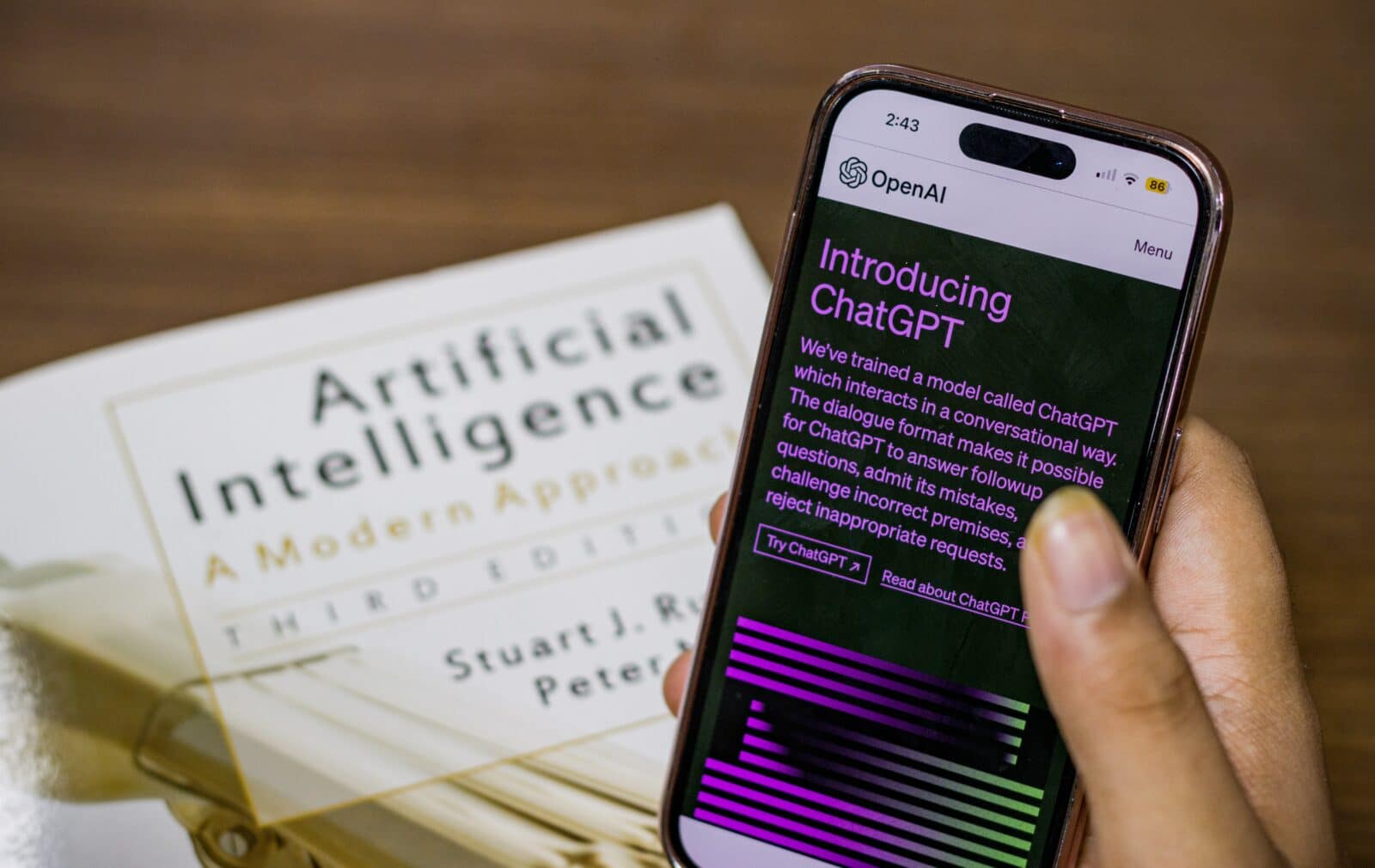Artificial Intelligence (AI) is simultaneously a source of inspiration and a cause for concern.
While it can transform industries, solve the toughest problems, and unlock human potential like never before, it can also perpetuate existing biases, create security and privacy risks, and even challenge our very existence.
The tech Billionaire, Elon Musk in March, for instance, warned about the unchecked growth of AI and called for AI systems “more powerful than GPT-4 to be paused or stopped. In May, the revered “godfather “of AI Geoffrey Hilton also warned about the ominous dangers lurking within AI development. While their perspective may not be unanimous, one thing is clear: AI must be approached with utmost caution and foresight, particularly in no other field than D&I
Firstly, AI cannot be fair and neutral by default. One of AI’s most significant threats to our society is its potential to perpetuate biases and discrimination in our systems. Its algorithms are only as good as the data they are trained on, which means that if the data set itself is biased, the algorithm will be too. This not only makes AI vulnerable to bias, but it also risks perpetuating and reinforcing past biases, as algorithms are likely to incorporate the biases of their creators.
Take the example of Amazon, which used an algorithm to help with its hiring process. The algorithm was trained on historical hiring data, which showed a bias towards men over women. As a result, the algorithm disproportionately picked men for new roles, perpetuating the existing gender bias in the company. Similarly, Microsoft’s chatbot Tay in 2016 was quickly trained by online trolls to accept racist and sexist messages, leading the company to shut it down.

Think of it this way: imagine a group of chefs from the same region and background creating a recipe. It may lack creativity and appeal to a wider audience with different tastes and preferences. Similarly, when AI is trained solely by a homogenous group, it may not reflect the experiences and perspectives of other ethnicities, perpetuating bias and inequality.
This issue isn’t limited to hiring or chatbots, either. If we train AI on photos of primarily white people, it will struggle to recognise ethnic minorities and people of colour. This is a critical issue, particularly for ethnically diverse professionals disproportionately affected by discrimination and bias.
As Katarina Berg and Tomas Chamorro-Premuzic put it succinctly– “for AI to effectively identify the right candidates for a role, algorithms must be fed or fueled with past data on successful candidates. In most instances, these profiles will not only consist of high-performing individuals but also of individuals who were merely designated as “high-performing” by their managers”. Instances that minority professionals are usually not part of.
What is Next for Managers and DEI Leaders
As the buzz around AI grows louder, the lack of diversity in its talent pool is becoming a concern. The BCS Insights 2021 report, for instance, indicates that only 15% of people in the tech sector are from ethnic minority backgrounds, raising alarm bells about the potential negative impacts on AI design and usage. To avert this threat, senior leaders and DEI experts must steer the conversation towards a more diverse pool in the tech space, and ethical use of AI, with diversity and inclusion at the forefront.
Managers can also help by researching and selecting the best vendor to help their organisation reach its objectives. It’s not enough to hop on the AI bandwagon, as the quality of inputs determines the quality of outputs, so finding an AI tool that matches specific needs and aligns with the organisation’s goal is key.
Another step managers can take is to educate themselves. Know what is going on. Understand its effects and impact. Understanding how AI can (or cannot) solve a unique business problem is essential. For instance, if your team doesn’t understand the risks and limitations of AI, bad data input can skew results and limit the effectiveness of AI.
Once that is cleared, managers can now audit the current state of their diversity data, and check outcomes that are systematically different. Data collection, accessibility and management must be up to standard. And then based on whatever the objective is, whatever the business intentions are, they can decide what to do.
As AI continues to accelerate, it’s vital to embrace the next generation of AI tools and ask what business problems AI can help you solve, what application of AI is suitable for your business problem, and what risks and biases may be inherent in the technology.
At Career Masterclass, we understand that creating a diverse, equitable, and inclusive workplace is crucial for any organisation’s success. That’s why we provide cutting-edge DEI services that align with the latest trends and best practices, including the use of AI.
Our goal is to help you become a thought leader in your industry and stay at the forefront of innovation and progress in DEI. With our customised training programs, specialised consulting services, and partnerships with other DEI experts, we offer a comprehensive approach that is tailored to your unique needs.
To learn more about how we can help, Click the LINK to schedule a call and take the advancing of your DEI initiatives.
 All articles
All articles